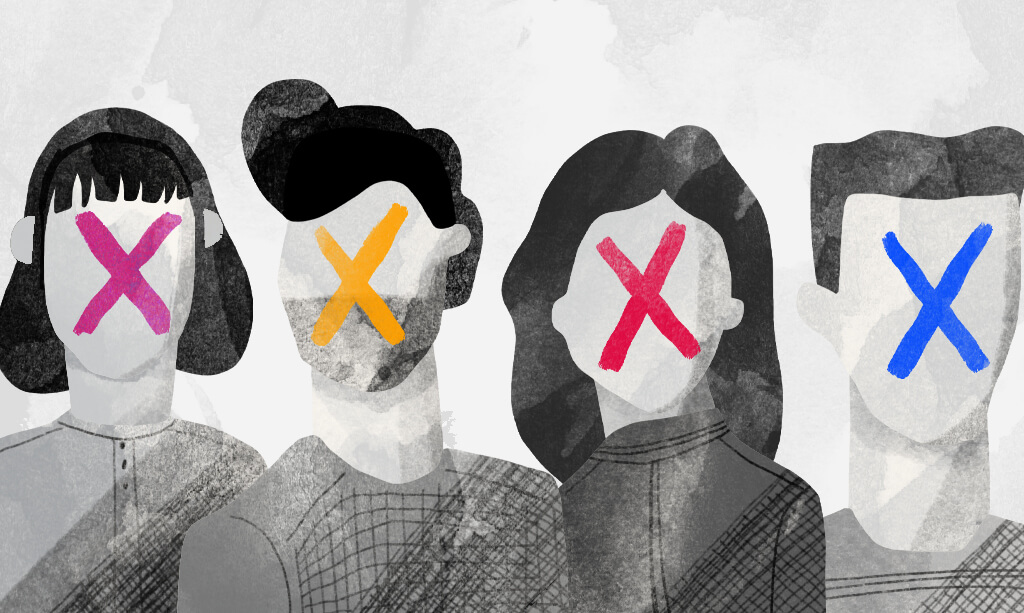In today’s society, the stigmatization about women’s health remains a pressing issue but typically overlooked. Whether it’s the insufficient quality of education regarding feminine health, the decades worth of cultural taboos, the under representation of women in medical research trials; or the most recent cultural divide regarding reproductive rights, there are many reasons why women’s health must be addressed now.
Experiences women have such as menstruation are deeply ingrained in society as shameful, embarrassing and not to be spoken about freely. In a religious context, women who are on their period are thought of as impure, and discouraged to go to places of worship and participate in religious activities. In Hinduism, touching religious statues is not acceptable, and in Islam, praying is prohibited. In a social context, parents avoid teaching their kids about menstrual cycles and other aspects of reproductive health. This is likely due to cultural barriers or parents thinking their kids will learn about those topics in school.
Feminine hygiene products often have exorbitant prices yet still prove to be detrimental to the health of women. Researchers have found a plethora of toxic chemicals in pads and tampons such as phthalates, phenols and parabens. Being exposed to these chemicals can greatly affect reproductive health and fertility, which further displays the ignorance of the companies who manufacture these products. Additionally, feminine hygiene products are labeled as luxury items that women are forced to pay for, even though they are a necessity for most women, similar to medicine and toilet paper.
More recently, there is discourse around whether abortion, the termination of a pregnancy, should be legal. “Some argue women deserve to have control over their bodies while the opposing side argues for prioritizing the fetus. What both sides fail to recognize in some capacity is how each option will affect women. The pro-choice argument ignores the long term physical and mental effects an abortion will have on the woman, such as secondary infertility, as well as the many emotions that may arise. The pro-life argument ignores the aspects of how it could physically affect women, such as the health risks if women aren’t allowed an abortion. Additionally, the lack of reproductive autonomy can be seen as immoral as the government should not have control over someone’s body. Finally, factors outside of the mother’s control, such as sexual abuse or rape, cause for the need of an abortion. Overall, both sides largely overlook the effect abortion will have on the lives of women.
In order to get rid of the stigma regarding feminine health, society needs to be more open and comfortable when having conversations regarding health issues that women face. Being thoughtful and considerate when having these discussions is important in learning more about these topics, and working to improve the resources and support women receive.















